
|
Diplomatic Academy of the Ministry of Foreign Affairs of Montenegro is pleased to announce the XIV Summer School for Young Diplomats “Gavro Vuković” that will take place from 5 to 9 July 2021.
This year’s edition of the Summer School will be offered as an online programme and will lay a particular emphasis on the role and importance of diplomacy to reinforce trust and cooperation for shaping a secure and prosperous world.
|
|
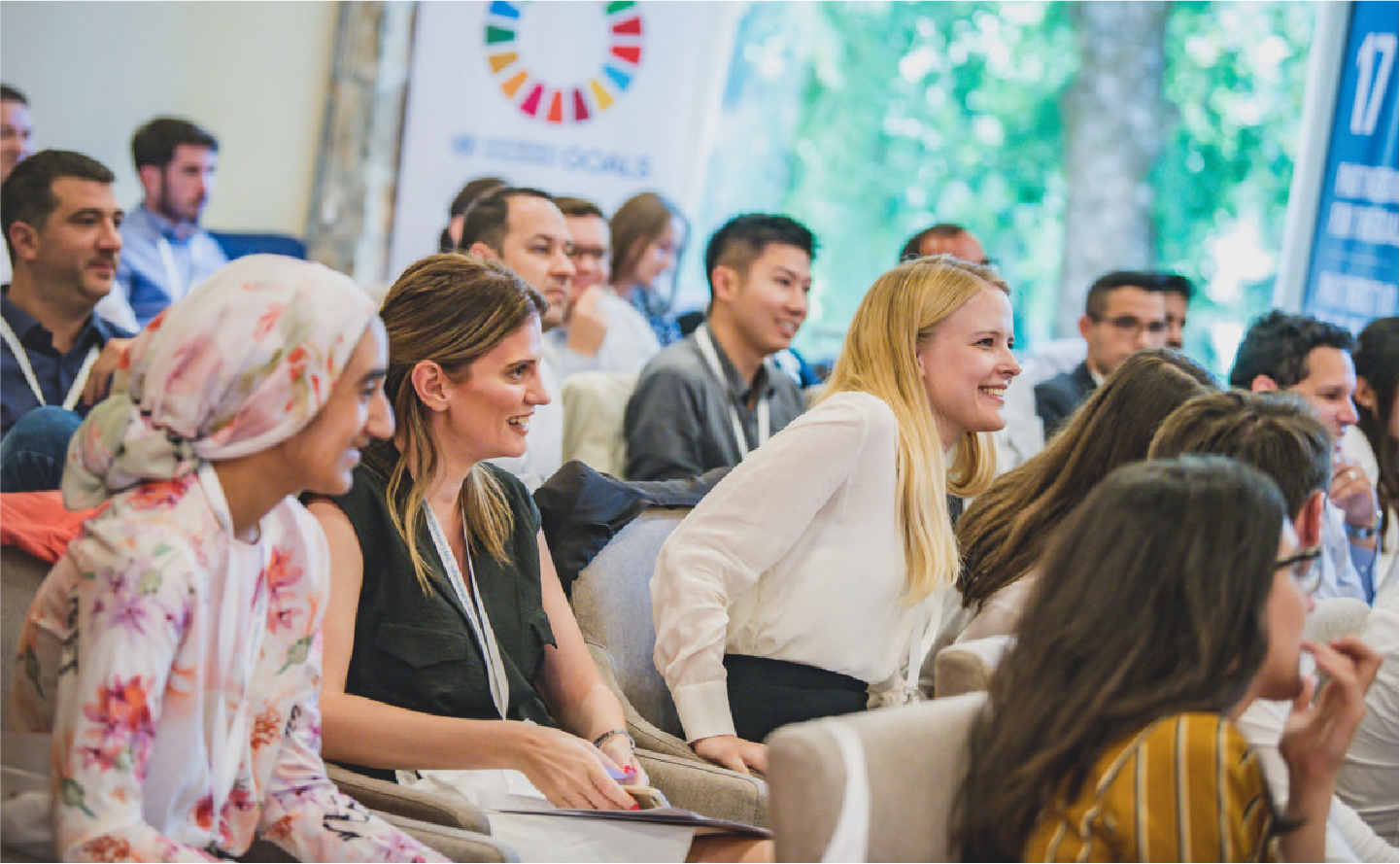
|
BRINGING THE WORLD TOGETHER
Summer School for Young Diplomats “Gavro Vuković” is a unique programme that promotes intercultural awareness and contributes to building trust and understanding among the young diplomats from all over the world. When inaugurated in 2008, the School was intended to bring together the young diplomats from the region of Western Balkans. Nevertheless, it soon outgrew the intended purpose and during the course of its work the School gathered young diplomats from 77 countries.
Over the years, the School has not only attracted a considerable number of young diplomats (563) and lecturers (185) from all corners of the globe but has, indeed, managed to spark long lasting connections and create an alumni network that is of vital significance.
Given the circumstances related to the Covid-19 pandemic 2021 School edition will take place in online format, for the second time, with some on-site sessions where possible. In doing so this event will show once again how important is the cooperation among the parties involved and how vital is to adjust and keep continuity in this unpredictable and changing times.
|
|
|
Tribute to the History and Tradition
The Summer School pays tribute to the history and tradition as it bears the name of Duke Gavro Vuković. Duke Gavro Vuković was the Foreign Minister of the Principality of Montenegro from October 1899 to December 1905. Duke Gavro Vuković is one of the most significant political figures in modern history of Montenegro.
|
|
|

|
|
Summer School for Young Diplomats “Gavro Vuković” manages to spark long lasting connections and create alumni network that is of vital significance. We will put additional light on 10 alumni from different corners of the globe and find out, through 10 questions, what they are currently doing, what perception they have about contemporary international relations and what messages they would like to share with future Summer School participants.
|
|
|
Montenegrin Foreign Minister Đorđe Radulović
at Alumni Spotlight
“Diplomats have special responsibility when it comes to rebuilding trust."
|
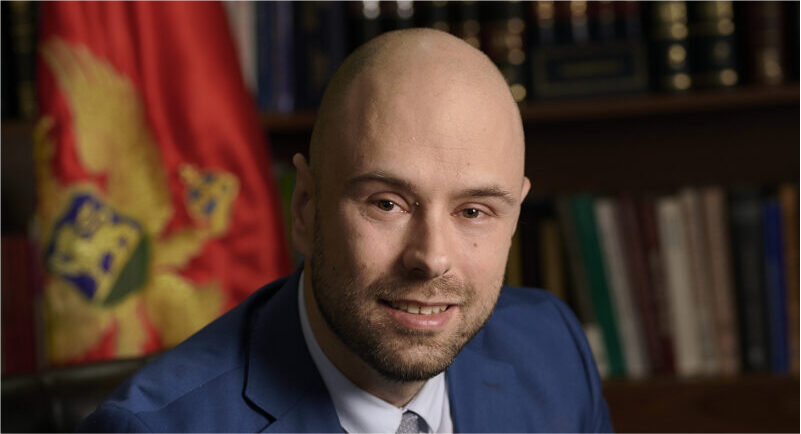
|
|
|
Lourdes Zozaya from Mexico under Alumni Spotlight
“Creating a network of fellow diplomats from around the globe contributes significantly to obtain a better understanding of the world and to advance in their professional careers.“
|
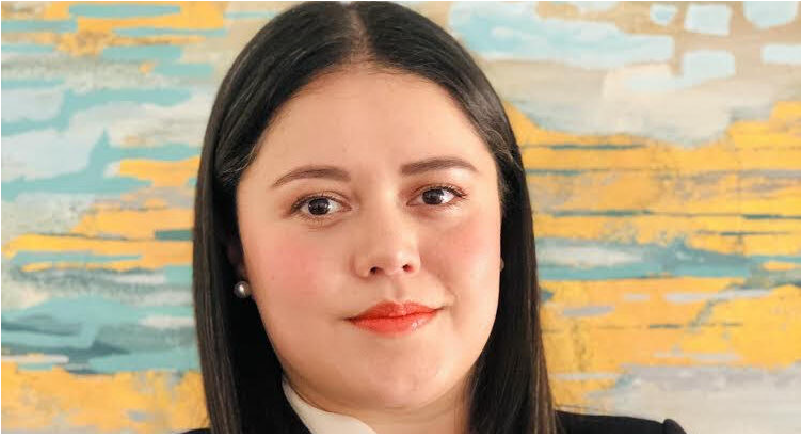
|
|
|
Summer School Alumnus Erik Colombeau
from France under the Spotlight
“Take this opportunity to discover new ways of thinking and make friends
with colleagues you will be delighted to meet again later in your career.“
|
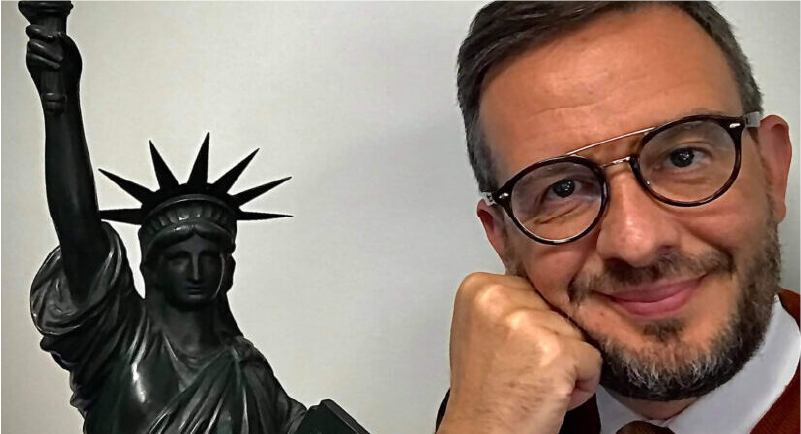
|
|
|
|
|
|
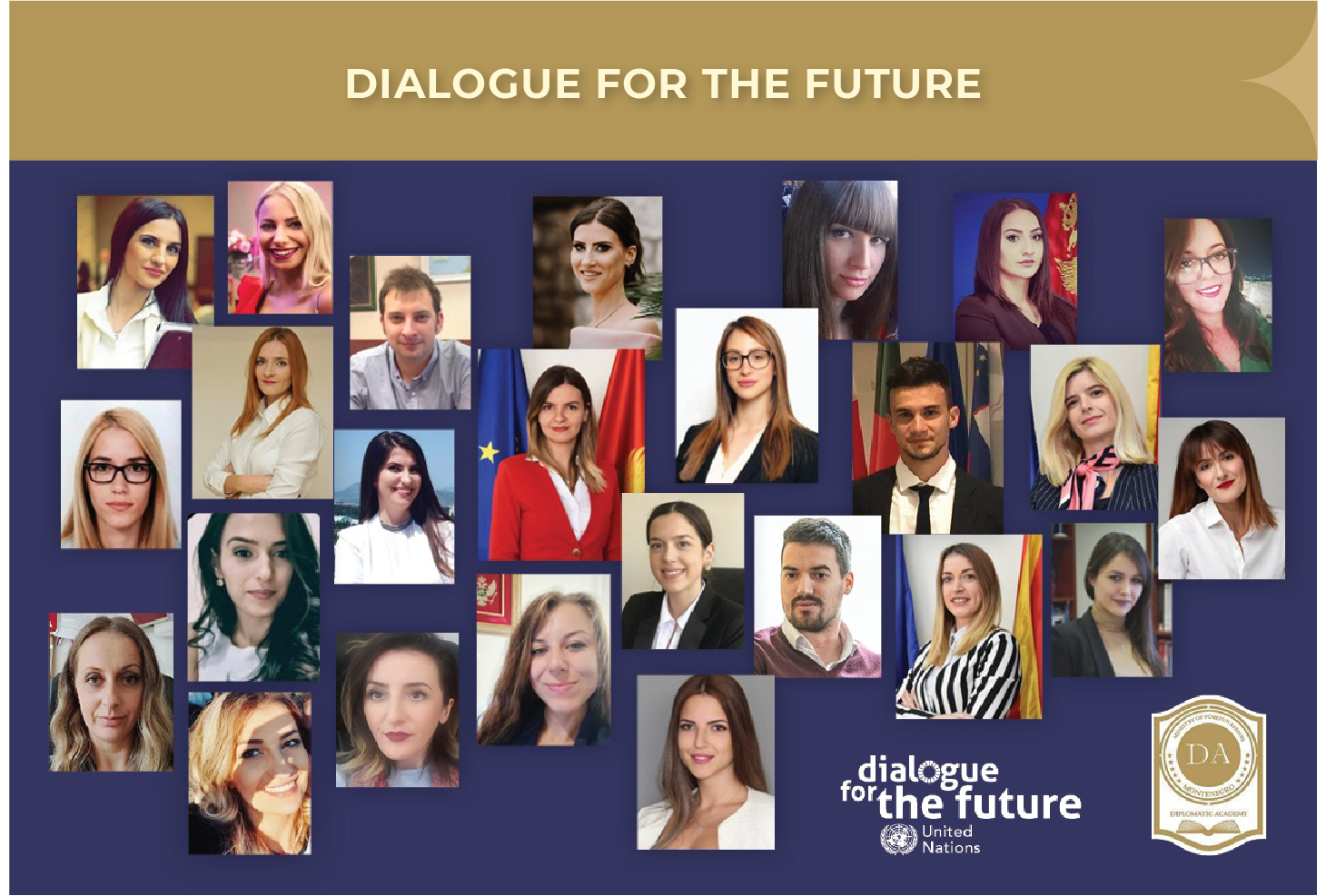
|
|
The group of 28 young diplomats and civil servants from various government institutions in Montenegro gathered around the programme “Social Cohesion: Cooperation, Trust and Development”, implemented within the regional initiative “Dialogue for the Future”. Through the series of interactive online workshops, renowned lecturers and participants shed light onto the role of effective and efficient communication and cooperation in achieving social cohesion. Blog posts summing up the valuable lessons and discussions can be found bellow.
|
|
|
Social Cohesion: Cooperation, Trust and Development
Common understanding of social cohesion concept is that it is based on trust among different social actors and their willingness to work together toward joint progress and common good. Understanding and strengthening social cohesion in practice is of vital significance for ensuring society’s resilience to risks.
|
|
|
|
Cooperation and Competition – Two Powers that Shape Society
Two instincts that are the basis of human behavior and development are competition and collaboration. Within a community, the most competitive individual is the strongest one. On the contrary, the strongest community is the one that has collaborative individuals. Balance is what brings success.
|
|
|
|
Where is the key for trust?
Credible institutions are key to building trust of citizens. Credibility includes integrity, expertise, transparency, clear and timely communication, professionalism. One can expect to be trusted and supported when he/she works professionally and responsibly, in the interest of society, fulfils the given promises and delivers results.
|
|
|
|
Dialogue for Effective Negotiation
Every negotiation process is a communication process, while not every communication involves negotiation. What is the difference and how to ensure effective negotiation?
|
|
|
|
Vision and Values for Development
Professional civil servants are the pillars of public administration and main carriers of society’s progress and development. Fostering the culture of empathy and people-centered leadership in public administration is important for a cohesive society.
|
|
|
|
Stay tuned. You will hear more from this group of young professionals with progressive ideas and vision for moving our societies forward.
|
|
|

|
|
Cooperating actively with diplomatic academies and schools, institutes and universities specialized in the field of diplomacy and international relations from different countries, has been a cornerstone of the activities of the Diplomatic Academy since its establishment.
Young diplomats and professionals of international relations from Montenegro had chance to attend some of the most prestigious programmes.
|
|
|
The 58 participants from EU and NATO member states, and partner countries across Europe and North America, attended European Security Seminar on EU-NATO Cooperation Organized by the European Center for Security Studies George C. Marshall held from January 11-15, 2021.
|
|
|
|
"Interactive seminar with high-level speakers provided insights into understanding the essence of the EU-NATO relations, with a focus on specific areas of cooperation such as countering hybrid threats, defense capabilities and military mobility. It underlined that NATO and the EU are natural allies guided with the same set of democratic values and principles."
Marija Marović - Attaché at Directorate General for European Union, MFA Montenegro
|
|
|
|
The Estonian Ministry of Foreign Affairs organized the Tallinn Winter School of Cyber Diplomacy on 9-10 February 2021. The two-day training programme covered best practices of cyber norms implementation, the applicability of international law in cyberspace, and confidence and capacity building measures.
|
|
|
|
"We need to be aware of the fact that cyber threats shape our daily life. Consequently, it is of paramount importance to continuously improve the cybersecurity framework making it comprehensive, as well as to focus on advantageous aspects of cyber diplomacy that could provide our societies with a more stable, resilient and secure digital environment."
Andrej Popović - Attaché at Directorate General for European Union, MFA Montenegro
|
|
|
|
The Clingendael Institute with the support of the Netherlands Ministry of Foreign Affairs, organized training course ‘’International Relations and Diplomacy” for Junior Diplomats from South Eastern Europe, which took place digitally from 9 March until 1 April 2021. Young professionals from Western Balkans's countries had a great opportunity to make a promising start in diplomatic careers by increasing appropriate knowledge and sharpening skills essential to international relations.
|
|
|
|
"It was wonderful opportunity to improve my knowledge and diplomatic skills. Specifically, interesting was to learn about presentation techniques and lobbing skills, as well as relations with media.”
Dragana Ražnatović - Attaché at Directorate General for Consular Affairs and Diaspora, MFA Montenegro
|
|
|
|
''A very comprehensive, informative and engaging training course that has enhanced my knowledge of international relations and provided clear direction where young diplomats need to be heading. The most useful aspect of the course that can be essential for my future career is negotiation simulations, especially the one related to the process of joining the EU.”
Maja Milović - Associate at European Integration Office
|
|
|
|
"Great experience and opportunity to exercise knowledge about European integrations with emphasis on exchange opinion on key elements and quality comments from lecturers applicable to our process."
Luka Dedić - Independent advisor I / Secretary for Negotiating Chapters 3, 4, 5 and 28, European Integration Office
|
|
|
What is next?
Topics, speakers and participants
of the XIV Summer School
Read new blogs
|
|
|
|
|
|